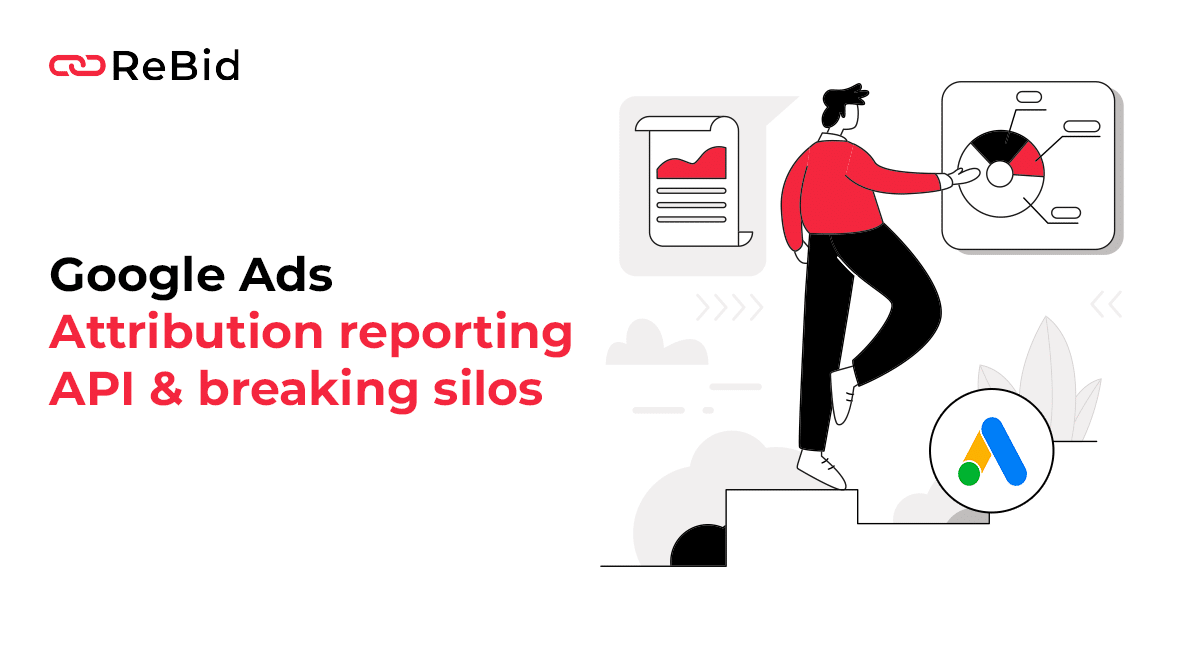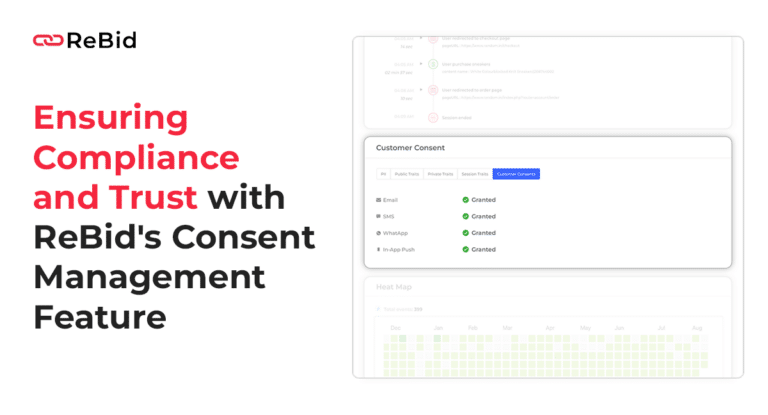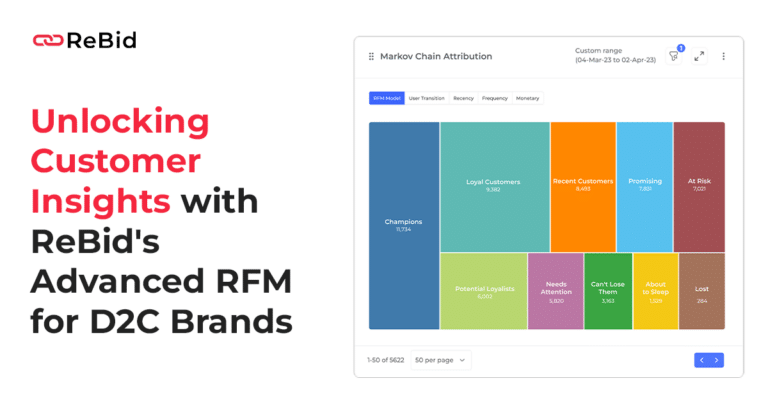In a recent announcement, Google revealed its decision to retire four attribution models in Google Ads and Google Analytics. The deprecation of the first-click, linear, time decay, and position-based attribution models is expected to impact advertisers who rely on these models for tracking and measuring their marketing efforts. This blog post will delve into the reasons behind retiring the four attribution models in Google Ads, its implications for advertisers, and shed light on Google’s shift towards data-driven attribution. Additionally, we’ll explore how Google’s emphasis on privacy has driven these alterations and how marketers can navigate this evolving landscape.
Retiring attribution models in Google Ads
Google’s decision to sunset the first-click, linear, time decay, and position-based attribution models is rooted in their increasingly low adoption rates. Less than 3% of conversions in Google Ads utilized these models, leading to their impending deprecation. While last-click attribution remains unaffected, tracking and understanding first-touch information will become more challenging without access to the formulas used to compute attribution scores.
The Shift to Data-Driven Attribution model

Google advocates for adopting the data-driven attribution model, which has proven to result in a 6% increase in conversions for advertisers. Data-driven attribution offers a customized approach based on an advertiser’s account history, leveraging conversion data to determine the most impactful touches. As a default attribution model, data-driven attribution model will become the sole method for crediting all clicks, replacing the deprecated models.
Privacy and Google’s Platform-Level Changes
Google’s phased removal of third-party cookies, initiated through the “Privacy Sandbox” in 2020, set the stage for significant transformations in digital marketing. This latest announcement on the Attribution reporting API further demonstrates Google’s commitment to privacy while delivering seamless attribution models in Google Ads for conversion tracking and cross device attribution. By replacing cookie-based monitoring with futuristic IDs such as Google Ad IDs or device IDs, Google enhances user segmentation accuracy and targeting, resulting in increased user actions and engagement.
Privacy Considerations for Attribution Reporting
Be it any attribution models in Google Ads, attribution reporting plays a vital role in tracking and analyzing marketing campaign effectiveness, privacy implications must be carefully considered. Adhering to data protection regulations, maintaining transparency, anonymizing and aggregating data, implementing appropriate data retention periods, and complying with advertising policies are crucial aspects of responsibly conducting attribution reporting. User consent and opt-out options, as well as adherence to cross-device tracking guidelines, contribute to safeguarding user privacy.
Navigating the Changing Landscape with ReBid
At ReBid, we understand the privacy concerns surrounding data usage while providing actionable insights and visualizations for advertisers and marketers. Our APIs offer a unified view of ad data and marketing data, enabling optimization steps and comprehensive reporting similar to Google’s latest API. With our dashboards and in-depth analysis of campaign performance and channel attribution, advertisers and marketers can make real-time decisions to prevent wastage of resources.
Google’s decision to sunset traditional attribution models in Google Ads emphasizes the importance of data-driven attribution and aligns with their focus on user privacy. Advertisers need to adapt to these changes and embrace the data-driven attribution model to gain deeper insights and maximize conversions. While Google leads the way in privacy and attribution, ReBid provides solutions that prioritize privacy while empowering advertisers with optimization capabilities. By navigating the evolving landscape and leveraging these tools, advertisers can effectively drive their marketing efforts and achieve success in an increasingly privacy-conscious world.
In the Google I/O 2023 Google announced its going to be an AI first company and gave several updates on how it’s going to use AI across its products including Search. The AI powered search is going to be called SGE. In the Google Marketing Live 2023 event, Google announced several changes to Google Ads and how it will use AI to improve it. We covered it extensively in this blog here.




